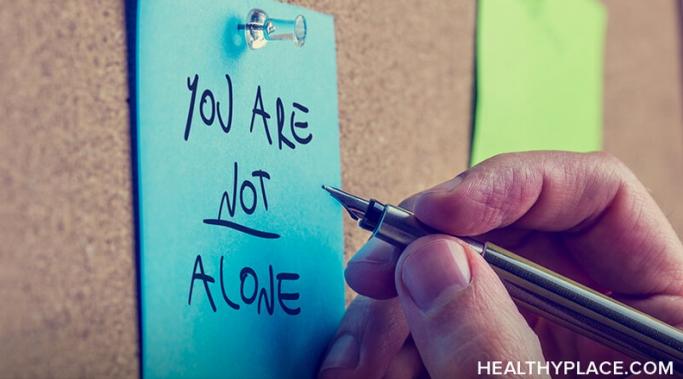I'm worn out from my borderline personality disorder (BPD), pushing me into hyperproductivity and distorting my sense of mental wellness. I used to think my worth was tied to my output, but now I see that this endless chase for productivity is actually undermining my mental health. This idea from borderline was making my mental wellness more fragmented.
Advocacy – Borderline
Growth milestones for borderline personality disorder (BPD) recovery have been a gratifying evolution. Tracking my progress is like observing a baby's journey from crawling to walking and talking. This perspective has softened my self-judgment about living with mental illness, as I tend to be hard on myself. Growth milestones in BPD matter.
The road to recovery from borderline personality disorder (BPD) has been a tumultuous journey. You will get no arguments here. Life might be a tad smoother minus the BPD baggage, but catching those glimmers of hope and progress on the journey to recovery from BPD? That's where the real soulful rewards lie.
Living with the intensity of borderline personality disorder (BPD) feelings used to make me feel crazy. I could feel so sure someone was going to leave me, only to find out later there was nothing to worry about. For most of my life, I struggled to control my painful and embarrassing emotions. It wasn't until I started accepting my perception as truth that I began to feel more in control.
I've been writing for the "More than Borderline" blog for around a year now. The experience has been both rewarding and challenging. These are my final reflections on borderline personality disorder (BPD) and advocacy.
This is my last article for the "More than Borderline" blog so it’s time to say my good-byes. It has been great fun writing for Healthy Place and sharing my experiences of borderline personality disorder (BPD) with you. I hope you have enjoyed reading my articles and I hope they have helped you realize you’re not alone. I thought I would bring my time here to a close by sharing three festive wishes for people with BPD.
Having a diagnosis of borderline personality disorder (BPD) can be really challenging at times. Not only is it tough having intense emotions, difficulties with self-criticism and near-constant fear of abandonment, but the condition is still shrouded in misunderstandings and misrepresentation. I have found it beneficial to remind myself of the following four things and wanted to share them in case they help you.
How can blogging help your mental health? Here's how it's helped mine.
Borderline personality disorder (BPD) is one of the most stigmatized mental health conditions, along with conditions such as schizophrenia, dissociative identity disorder and other personality disorders. I have been discriminated against by healthcare professionals, struggled for years to talk openly due to stereotyping and see few compassionate representations of the condition in the media. There are three main myths about BPD and I will outline them here.
When defining borderline personality disorder (BPD), most resources will present you with the Diagnostic and Statistical Manual (DSM) criteria, but I wish to reframe the borderline personality disorder diagnosis. Not only is the DSM flat-out wrong about certain aspects of BPD (such as its understanding of people with BPD as lacking empathy), but it reduces a complex experience of being human to a diagnosis packed with bias. Let's reframe borderline personality disorder and think about the diagnosis differently.









